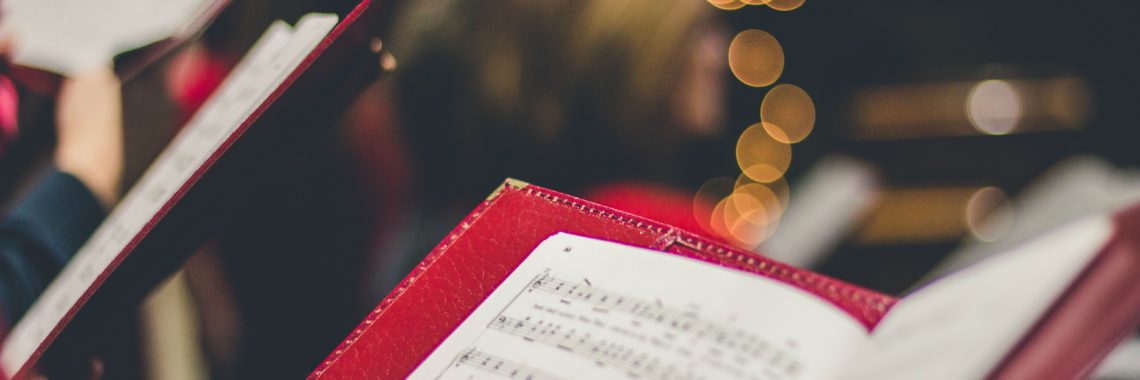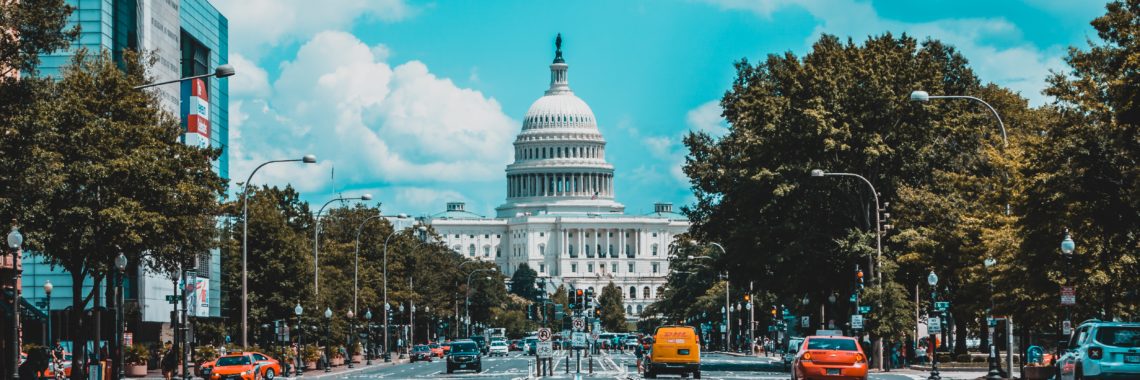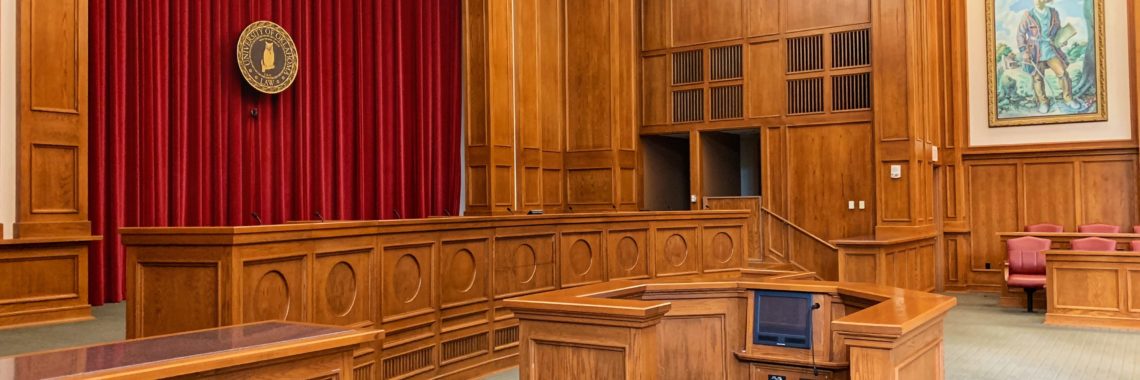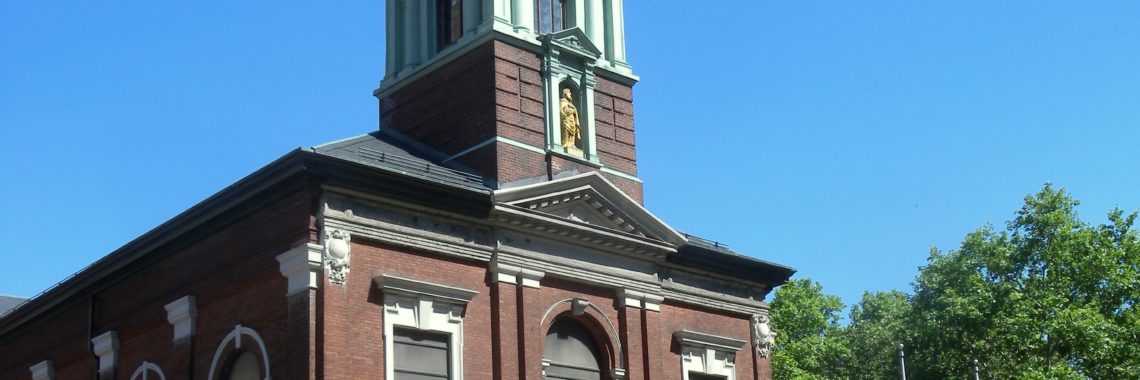“The Reckoning of Religious Studies and Colonialism” by Laura Ammon
Photo by rolf neumann on Unsplash. The study of religion has a long history of service to Western imperial ambitions. Recent decades have seen religious scholars wrestle with the implications of this colonial legacy for the future of the field. This essay, divided into two parts, will explore the connections between religion and colonialism. First,…











